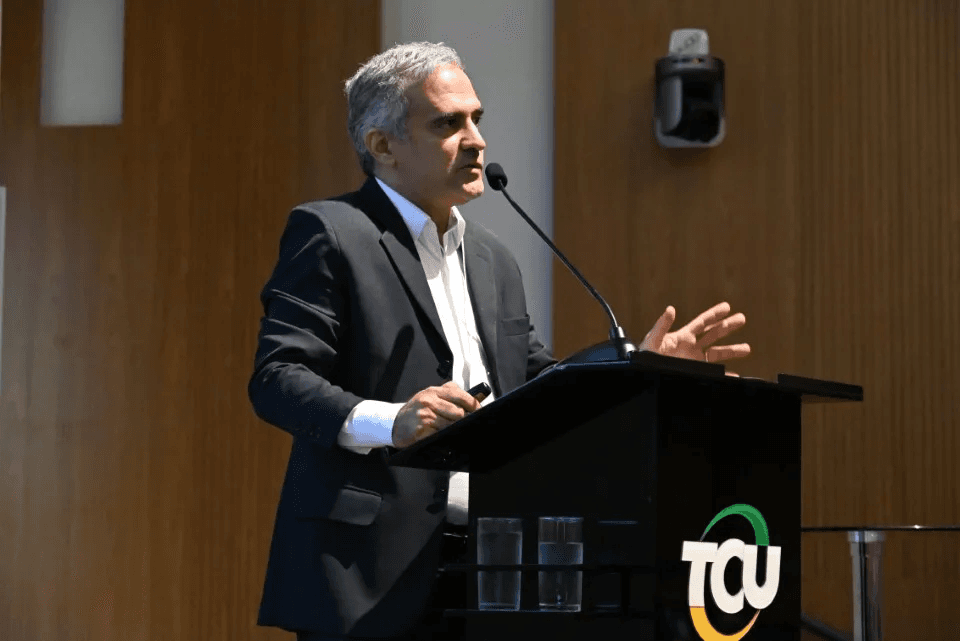TCU Develops Methodology to Measure Cost-Effectiveness of Expenditures Targeting Multidimensional Poverty
By Secom / Serint
The Brazilian Federal Court of Accounts (TCU) is developing an index to assess the cost-effectiveness of public policies aimed at combating poverty, considering multiple dimensions beyond income alone. The initiative is being led by auditors Giuseppe de Abreu Antonaci, Ângelo Henrique Lopes da Silva, Pedro Rocha de Moraes, Renato Santos Chaves, Bruna Mara Couto, Fritz Kiemle Junior, and Cristiane Leal da Costa.
The proposal to create this new Multidimensional Poverty Index (MPI) was presented during the International Seminar The Future of Public Auditing: Data, Innovation, and Citizenship on October 22. Speaking on Citizen-Centered Public Auditing, auditor Ângelo Lopes da Silva highlighted the importance of addressing poverty from a perspective that goes beyond income thresholds. Income alone does not reflect a family's living conditions, and financial indicators are not sufficient to measure poverty, he explained.
The team from the Audit Department for Social Security, Welfare, and Labor (AudBenefícios) conducted a survey on how poverty is measured in Brazil and noted that the country does not currently have an officially and widely adopted indicator. The study points out that government audit institutions play a key role in improving monitoring and assessment systems. This includes the proposal of new government standards created by the audit team, with the support of public managers, in line with the TCU Indicators Manual. The Court has the authority to develop an MPI to assist in this monitoring and assessment, directing the internal allocation of resources and audit visits in areas related to poverty.
Measurement Framework
The first phase of the project foresees the development of a Multidimensional Poverty Index that includes deprivation indicators organized into dimensions. Each indicator will be associated with a specific threshold. If an individual fails to meet the established standard, they will be considered deprived with respect to that indicator. Each deprivation carries a weight. If this threshold is not reached, the individual is classified as living in multidimensional poverty.

The MPI of a society combines two factors: the share of people living in poverty (incidence) and the number of deprivations they experience compared to the total population and total possible deprivations, clarified Ângelo Lopes da Silva.
Subsequently, once the MPI is established as an outcome indicator, it will be necessary to correlate it with budgetary expenditures across public policies aimed at improving citizens living conditions. The goal is to assess which initiatives truly improve citizens living conditions and deliver measurable impact for society.